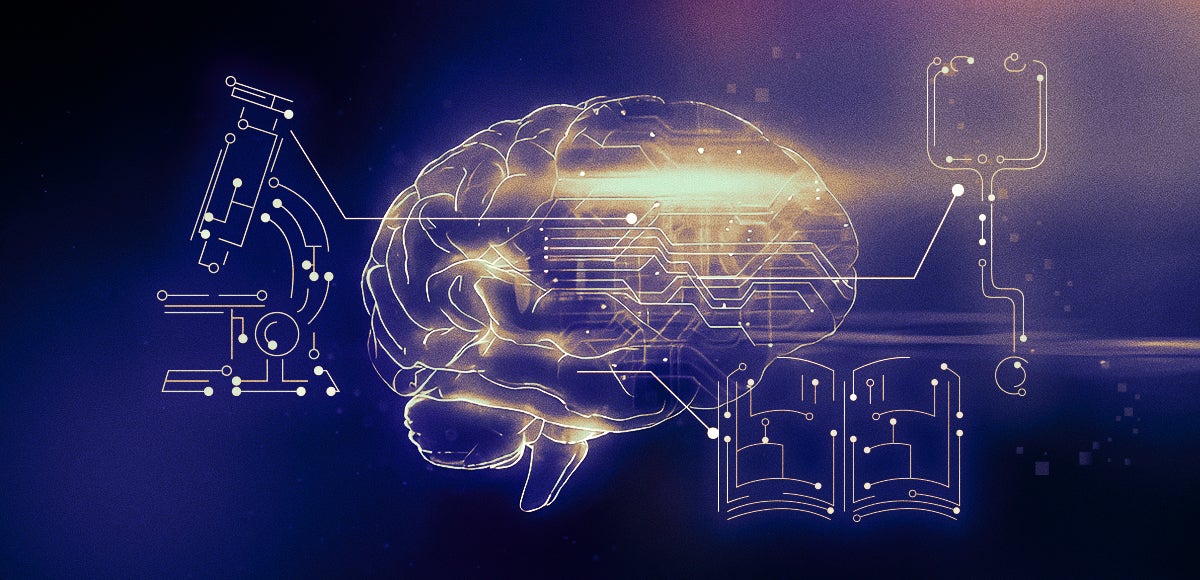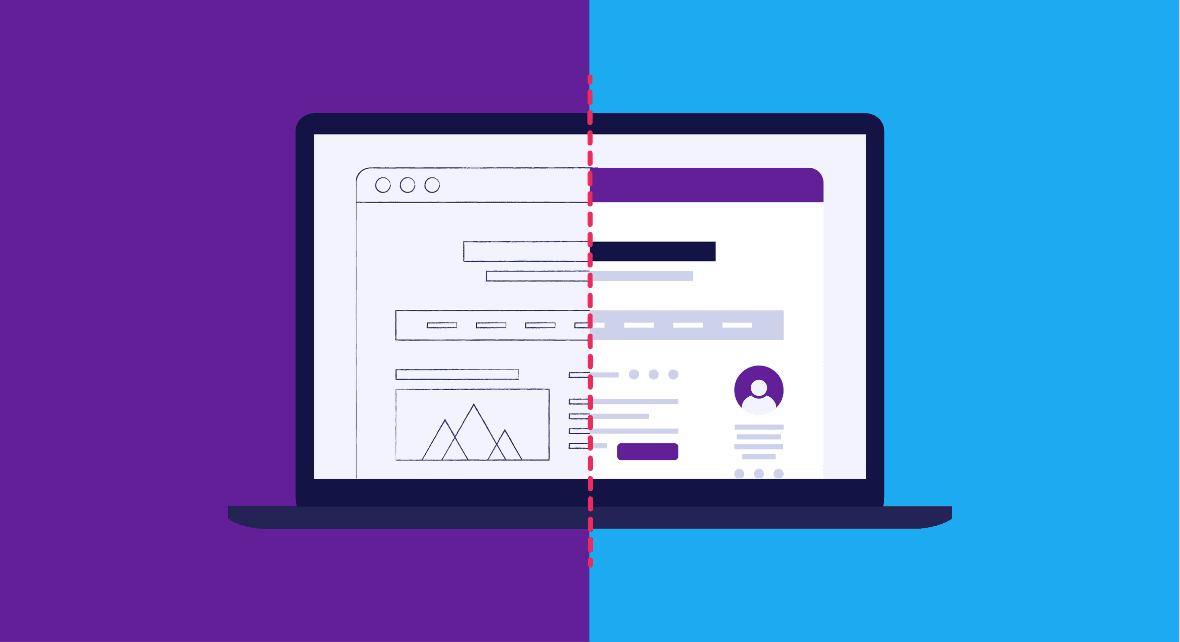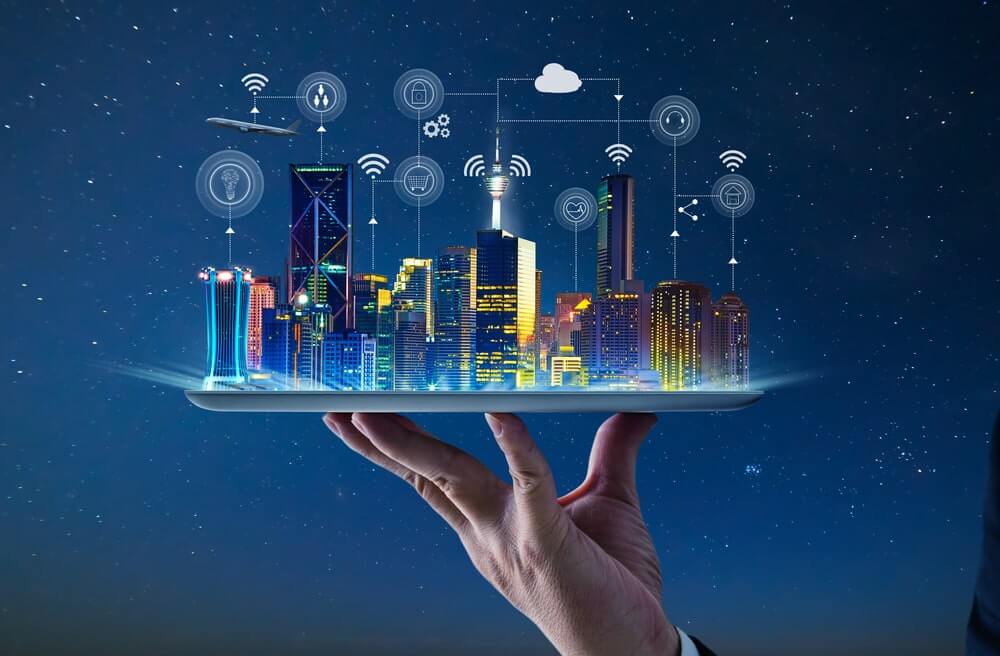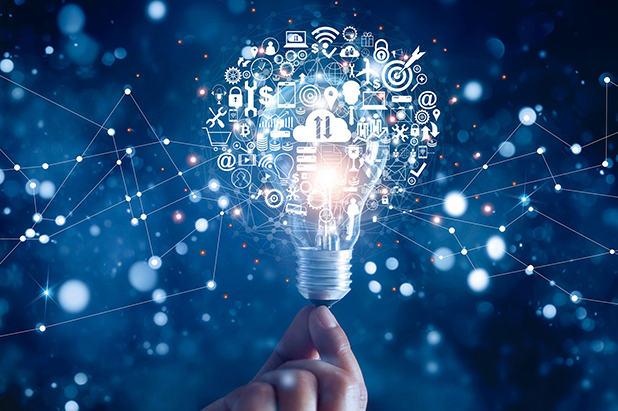
Intellectual systems learning module is designed to introduce students to the field of artificial intelligence and provide them with the foundational knowledge needed to design and implement intelligent systems. The module will cover a range of topics, including machine learning algorithms, natural language processing, computer vision, and intelligent agents. Students will learn how to use tools such as Python and TensorFlow to build intelligent systems and will be introduced to real-world applications of artificial intelligence, such as autonomous vehicles and voice assistants. By the end of the course, students will have a strong understanding of the principles and practices of artificial intelligence and will be able to design and implement intelligent systems of their own.
- Викладач: Kim Sung Kyu
- Викладач: Процюк Володимир
- Викладач: Шекета Василь

This module provides an introduction to web interfaces development for Internet of Things (IoT) data visualization using ReactJS. Students will learn the fundamentals of ReactJS, including components, props, state, and lifecycle methods and how to create interactive user interfaces in form of responsive web applications. The course will also cover topics such as data visualization libraries, web APIs, and best practices for developing web applications. Students will have the skills to create web applications that can be used to visualize and interact with IoT data in energy industry software
- Викладач: Лютак Ігор

The "Design and development of information systems for energy industry control and monitoring" - main focus on the development of a information systems that can integrate data from various sources, such as sensors, meters, and other monitoring devices, to provide real-time information about energy usage and production. This could involve the use of advanced technologies to analyse and interpret measurement signals and provide insights that can be used to optimise energy usage.
- Викладач: Мельничук Степан Іванович

The module "Computer modelling and experiment design" is designed to study the methodology of computer simulation of models of objects and processes in the power industry and to study the methodology of planning a physical experiment to assess the adequacy of modelling. Students learn to simulate models of objects and processes in a specialised software environment, and also study the basic methods of planning experiments. Students acquire practical skills in using a specialised software environment to create and investigate a simulation model of an object or process in energy industry, as well as acquire skills in experiment planning.
- Викладач: Райтер Петро

The "Innovations and Intellectual Property in Energy Industry" module explores the role of research, innovation and intellectual property in the development and commercialization of new sustainable energy technologies. The module covers topics such as the research methods, importance of intellectual property protection, patent law and licensing agreements, technology transfer, and the management of research and development activities. Students will gain an understanding of the strategies and practices used to promote innovation in the energy industry and how to protect intellectual property rights.
- Викладач: Клочко Наталія
